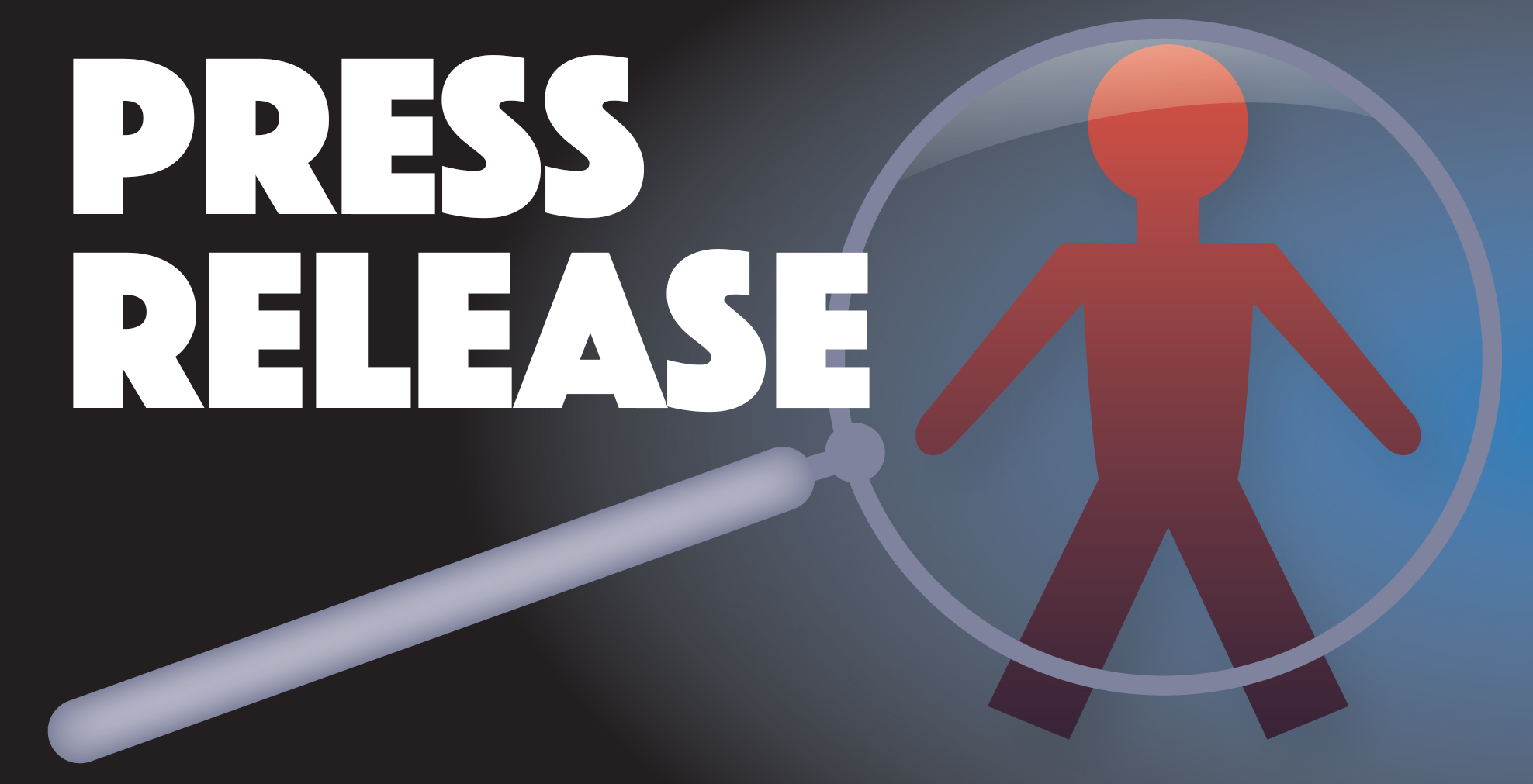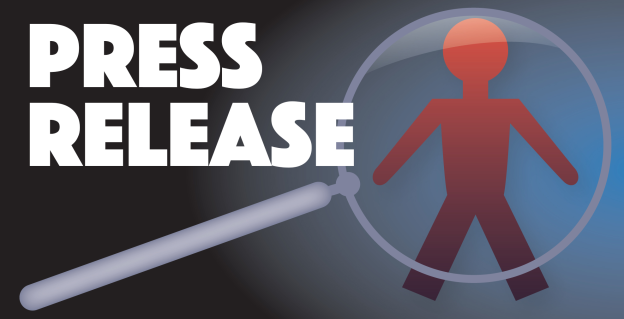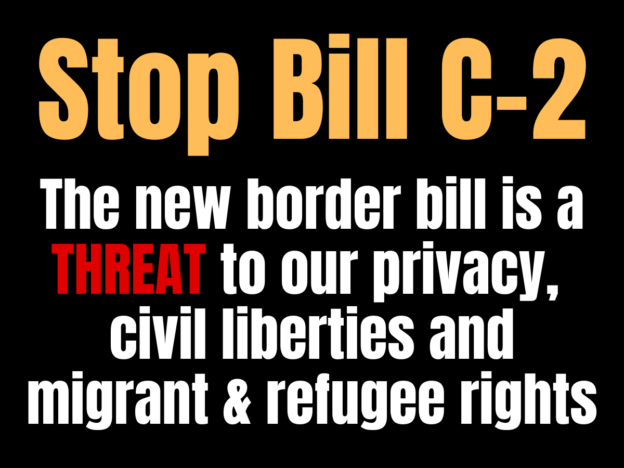
Diverse coalitions warn “Strong Borders Act” threatens human rights, refugee and migrant rights, and privacy of all residents of Canada
OTTAWA, June 18, 2025 – In an unprecedented show of unity, over 300 civil society organizations from across the country are on Parliament Hill today demanding the complete withdrawal of Bill C-2, the so-called “Strong Borders Act” as it enters into second reading. Four major coalitions representing a broad cross section of refugee rights, civil liberties, gender justice, and migrant advocacy have joined forces to oppose this assault on human rights and civil liberties.
The four coalitions held a joint press conference today to present their unified opposition to this sweeping legislation, which represents a further, dangerous shift toward Trump-style anti-immigrant policies and attacks on the rights and freedoms of all residents.
“Bill C-2 is the expansion of a deportation machine that will put hundreds of thousands of people at risk. With 1.2 million people already unable to renew their permits this year due to recent immigration cuts, this bill’s sweeping new powers to cancel immigration status without individual evaluation will force more people into conditions of abuse, exploitation and even death,” says Karen Cocq, spokesperson for the Migrant Rights Network. “Prime Minister Carney was elected on a promise of standing up to Trump but his very first bill is the same scapegoating of migrants and refugees that we’ve witnessed south of the border.”
Bill C-2 allows for unprecedented expansion of surveillance powers. Tim McSorley, National Coordinator of the International Civil Liberties Monitoring Group, warned: “Bill C-2 would undermine more than a decade of Canadian privacy-related jurisprudence to enable a massive expansion of domestic surveillance. Without a warrant, police and spy agencies could demand information about our online activities based on the low threshold of ‘reasonable suspicion.’ This shockingly broad system is ripe for abuse and appears deliberately designed to prepare Canada for controversial data-sharing obligations with the United States and other countries.”
Matt Hatfield, Executive Director of OpenMedia, said: “Bill C-2 is anti-privacy, anti-rights, and anti-Canadian. It solves border problems that don’t exist; and breaks rights that do. Canadian voters want our government to keep its elbows up to defend our privacy and freedoms, and that requires a full withdrawal of Bill C-2 now.”
“Bill C-2 reflects a wholesale shift in how Canada responds to refugees seeking our protection, including enabling their deportation back to danger without even a hearing,” said Gauri Sreenivasan, Co-Executive Director of the Canadian Council for Refugees. “It is a shocking abandonment of rights protected under our Charter and International law, providing none of the fairness and due process that Canadians fully expect from our government in immigration matters. In many respects it sinks lower than US policy. The Bill must be withdrawn “.
Organizations working with survivors of gender-based violence have raised particular alarm about the bill’s impact on vulnerable populations. Deepa Mattoo, Executive Director and Lawyer of the Barbra Schlifer Commemorative Clinic agrees, adding “Bill C-2 is a policy misstep—it is an attack on the rights and safety of survivors of gender-based violence. It ignores the lived realities of those fleeing abuse and trauma, and risks turning Canada’s borders into instruments of harm. We must uphold our commitments to human rights and ensure that no one is denied protection because of how or when they arrive.”
Debbie Owusu-Akyeeah, Co-Director of Policy and Advocacy at Action Canada for Sexual Health & Rights, stated: “Survivors fleeing gender-based violence abroad are learning about legal processes while living with profound trauma, often under the control of abusive partners who restrict their access to information and support. Imposing strict time limits on these most marginalized refugees ignores Canada’s commitments to gender equity and safety. Denying survivors access to protection based on how or when they arrived in Canada is not only unjust—it is dangerous.”
Four statements denouncing Bill C-2 from a broad cross-section of civil society
The four coalition statements demonstrate the breadth of opposition to Bill C-2:
“Withdraw Bill C-2“ – Initiated by the Migrant Rights Network, Canadian Council for Refugees and International Civil Liberties Monitoring Group, with endorsements from 176 organizations including the Canadian Labour Congress; Canada’s national housing rights organization – National Right to Housing Network; Canada’s largest Climate coalition – Climate Action Network Canada; as well as The United Church of Canada, Oxfam Canada, Canadian Association of Refugee Lawyers and others.
“Joint Call for the Withdrawal of Bill C-2“ – Led by OpenMedia and signed by 39 prominent organizations including the Canadian Civil Liberties Association, British Columbia Civil Liberties Association, the Canadian Union of Public Employees, and Canadian Anti-Hate Network, plus 122 individual legal experts and academics. This statement focuses on the bill’s degradation of privacy rights and its preparation for controversial data-sharing with foreign governments.
“Open Letter: Canada puts refugee claimants at risk with Bill C-2“ – Initiated by OCASI (Ontario Council of Agencies Serving Immigrants) and endorsed by 71 refugee and settlement organizations, as well as the Canadian Centre for Policy Alternatives and YWCA branches nationwide. The letter details how the bill violates international refugee law and puts vulnerable claimants at grave risk.
“Statement: Bill C-2 Risks Undermining Canada’s Commitments to Gender-Based Violence Survivors“ – Supported by 48 organizations including the Barbra Schlifer Commemorative Clinic, Canadian Women’s Foundation, Women’s Shelters Canada, and YWCA Canada. This statement highlights the disproportionate and dangerous impact Bill C-2 would have on survivors of gender-based violence who face additional barriers while dealing with trauma.
For media inquiries:
- Karen Cocq, Migrant Rights Network, 647-970-8464, karen@migrantworkersalliance.org
- Matt Hatfield, OpenMedia, 1 (888) 441-2640 ext. 0, matt@openmedia.org
- Gauri Sreenivasan, Canadian Council for Refugees, 613-852-0983; gsreenivasan@ccrweb.ca
- Tim McSorley, International Civil Liberties Monitoring Group, (613) 241-5298,
nationalcoordination@iclmg.ca
What Bill C-2 Would Do
Impact on EVERYONE in Canada:
- Mass Surveillance Without Warrants: Police and CSIS can demand to know whether you have an online account with any organization or service in Canada, along with information like how long you’ve had it for or where you’ve logged in from, with no warrant required.
- A lower bar for more data: Law enforcement with a warrant can demand production of your online data, unencrypted emails, and browsing history from any company based only on “reasonable suspicion”— not the current standard of reasonable belief.
- Forced Corporate Spying: Companies must keep records of your personal data under secret government orders, with blanket immunity for privacy violations for handing over more than they should.
- Foreign Access to Your Data: Bill C-2 makes necessary changes to prepare Canada to endorse the US CLOUD Act and additional protocols of the Budapest Cybercrime Convention. These treaties would allow US authorities and other foreign governments to make similar data requests to Canadian entities, undermining Canada’s constitutional protections and data sovereignty.
- Inadequate Legal Recourse: Only five days are allowed to challenge secret surveillance orders, with blanket civil immunity for companies that comply, ensuring even excessive orders go unchallenged.
Refugee and Immigration Measures:
- One-Year Refugee Deadline: Bill C-2 blocks anyone from seeking refugee status in Canada after one year from when they entered the country—even if their home country becomes dangerous after their entry. This applies retroactively to everyone since June 2020, and is fundamentally inconsistent with international humanitarian law.
- Eliminates US Border Exception: Previously, those crossing from the US between official ports could apply for refugee status after 14 days. Bill C-2 removes this completely, trapping vulnerable people under Trump’s xenophobic policies.
- Mass Deportation Powers: The Immigration Minister gains authority to cancel permits for entire groups without due process—including revoking permanent residency applications and cards already submitted. Migrants could lose status overnight with no legal recourse.
- Privacy Protections Removed: The bill allows unrestricted information sharing about migrants across all government levels. Undocumented workers asserting labour rights could face deportation when employers report them to border enforcement.
TAKE ACTION
Since you’re here…
… we have a small favour to ask. Here at ICLMG, we are working very hard to protect and promote human rights and civil liberties in the context of the so-called “war on terror” in Canada. We do not receive any financial support from any federal, provincial or municipal governments or political parties. You can become our patron on Patreon and get rewards in exchange for your support. You can give as little as $1/month (that’s only $12/year!) and you can unsubscribe at any time. Any donations will go a long way to support our work. You can also make a one-time donation or donate monthly via Paypal by clicking on the button below. On the fence about giving? Check out our Achievements and Gains since we were created in 2002. Thank you for your generosity! You can also make a one-time donation or donate monthly via Paypal by clicking on the button below. On the fence about giving? Check out our Achievements and Gains since we were created in 2002. Thank you for your generosity!

|







